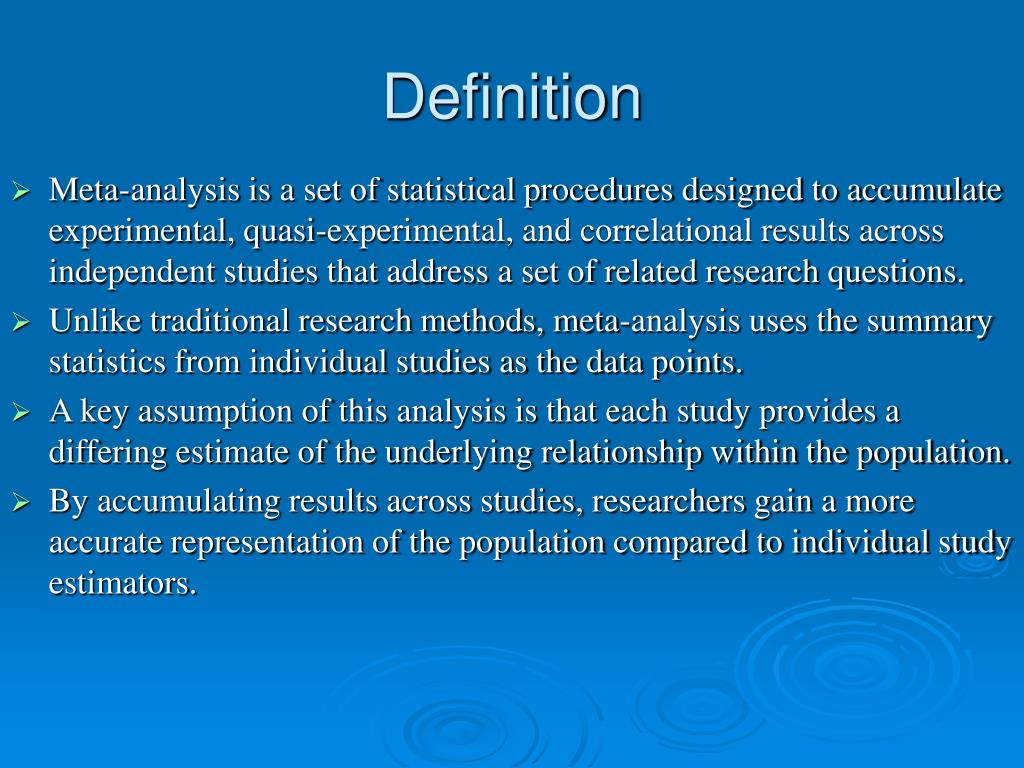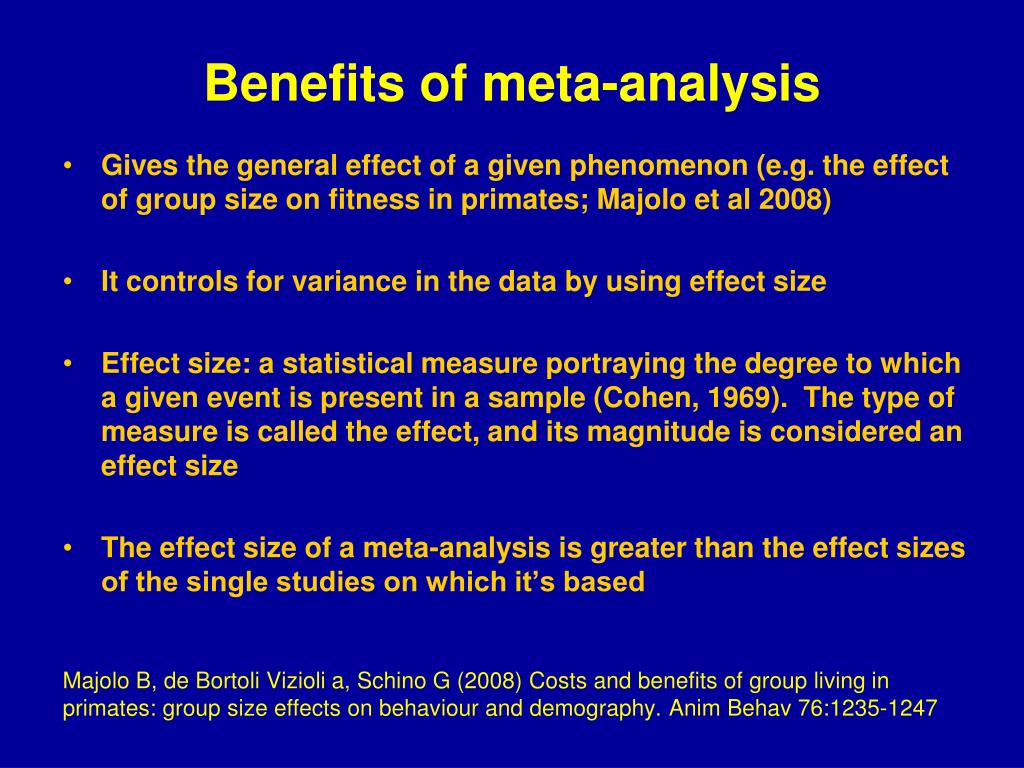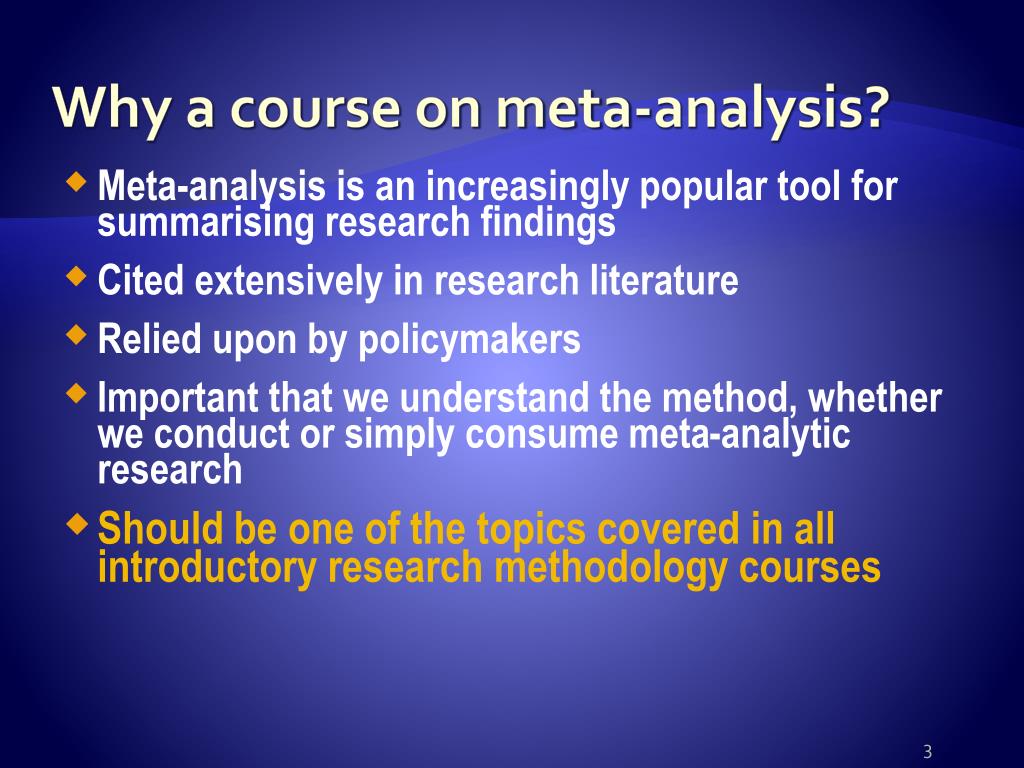

The research moved from “input-output” to “input-process-output” mode ( Teddlie and Stringfield, 1993), while emphasizing classroom as the key process variable. In the early 1990s, numerous attempts were made to explore why schools had their different effects. Several theoretical models developed in the past decades have integrated factors related to teaching-learning effectiveness ( Walberg, 1984 Brophy and Good, 1986 Creemers and Reezigt, 1996). An attempt has been made to integrate the work done in the field of educational effectiveness research and discover the teaching factors related to student learning outcomes. It is precisely the reason behind conducting this meta analysis.Īlso, it is noted that school effectiveness research has been criticised for lack of theoretical integration and relatedness to other parts of education. However, despite the advancement made in literature on teacher’s role in promoting student learning, more research is required to understand and unfold what exactly teachers do that promotes student learning outcomes.

Deep learning cannot be achieved without effective teacher guidance. It has also been noted that large proportion of variance in student achievement can be explained by teacher’s behaviour in the classroom-what teachers do in the classroom and their interaction with students ( Creemers and Kyriakides, 2006). They also presented evidence that these effects could be attributed to a process characteristics of schooling like school climate, educational leadership, curriculum and organisational characteristics. (1979) found that some schools were more effective than others even when student background characteristics were controlled for. The early educational effectiveness studies conducted by Brookover and Lezotte (1979), Edmonds (1979) and Rutter et al. These studies found “school effects” to be consistent and significant. (1988) started responding almost immediately. As a result, many researchers like Weber (1971), Rutter et al. This conclusion was counter-intuitive and disquieting to many educators and educational researchers. (1972) that concluded that schools do not have any impact on students in comparison to the effect of student’s own ability and social background. The first phase in the field of EER emerged as a reaction to the studies conducted by Coleman (1966) and Jencks et al. The educational effectiveness research (EER) seeks to investigate the factors such as teaching methods, curriculum, role of leadership and learning environment ( Goldstein, 2003) that affect learning outcomes of students. It can give existing or prospective teachers an opportunity to practice and rehearse these factors in classroom, reflect on them and receive feedback on how their practice can be improved. The findings of this meta analysis may also provide implications for practitioners and policymakers especially in the domain of faculty development and education programs. The study points out that when it comes to teaching, imposing non-essential and superfluous dichotomies between different teaching approaches might be impractical. The study has various theoretical, methodological and practical implications.

Various moderators like level of education and type of study were also identified. The teaching factors of dynamic model were found to be moderately associated with learning outcomes. For this purpose, the dynamic model of educational effectiveness was used as a guiding framework to select and organize 132 studies examining the impact of teaching factors on student learning outcomes. Meta analysis is a powerful tool for synthesizing previous research and empirically validating theoretical frameworks. The objective of this study was to conduct a meta analysis of studies conducted in the past on effective teaching and its impact on student learning outcomes.


 0 kommentar(er)
0 kommentar(er)
